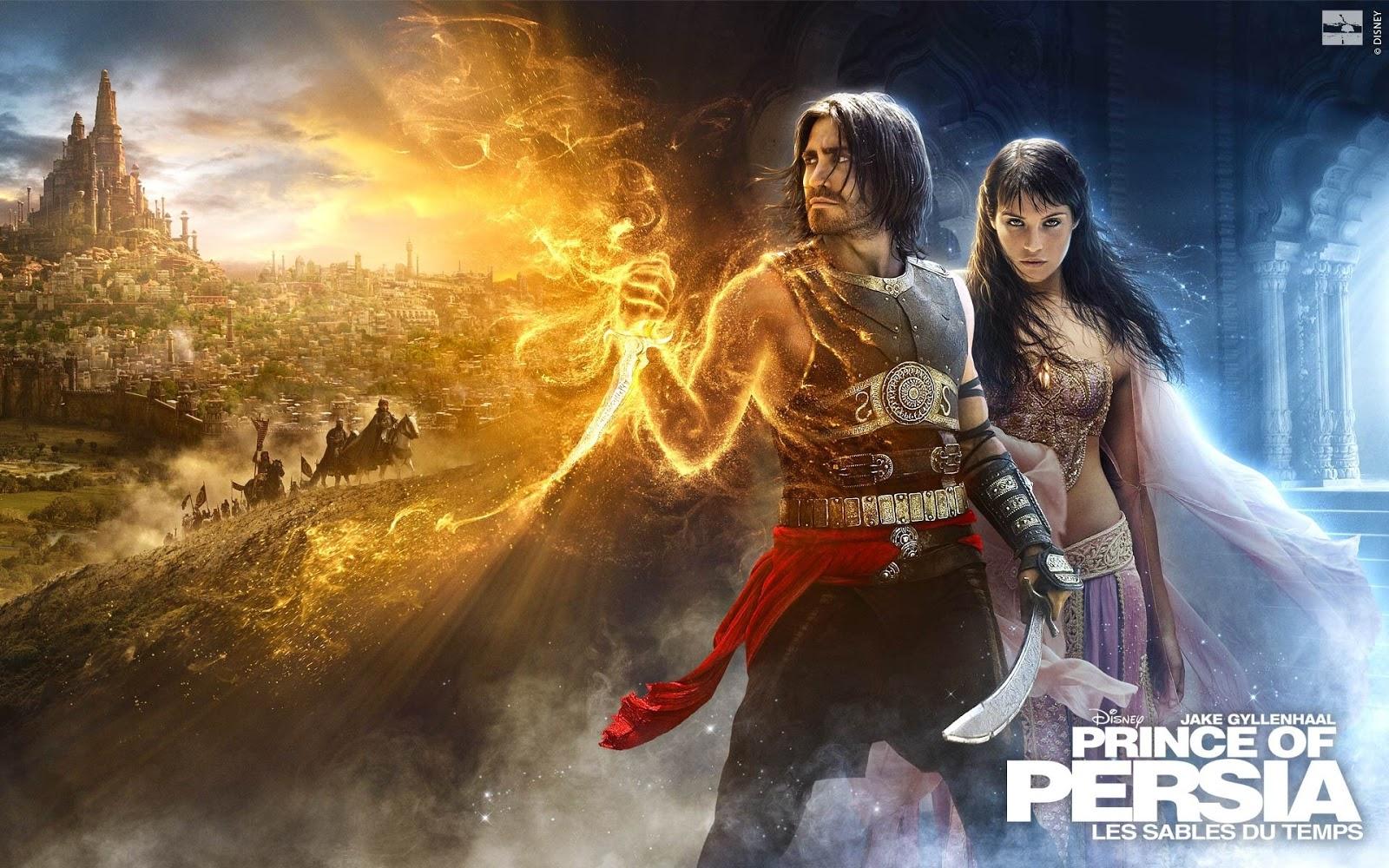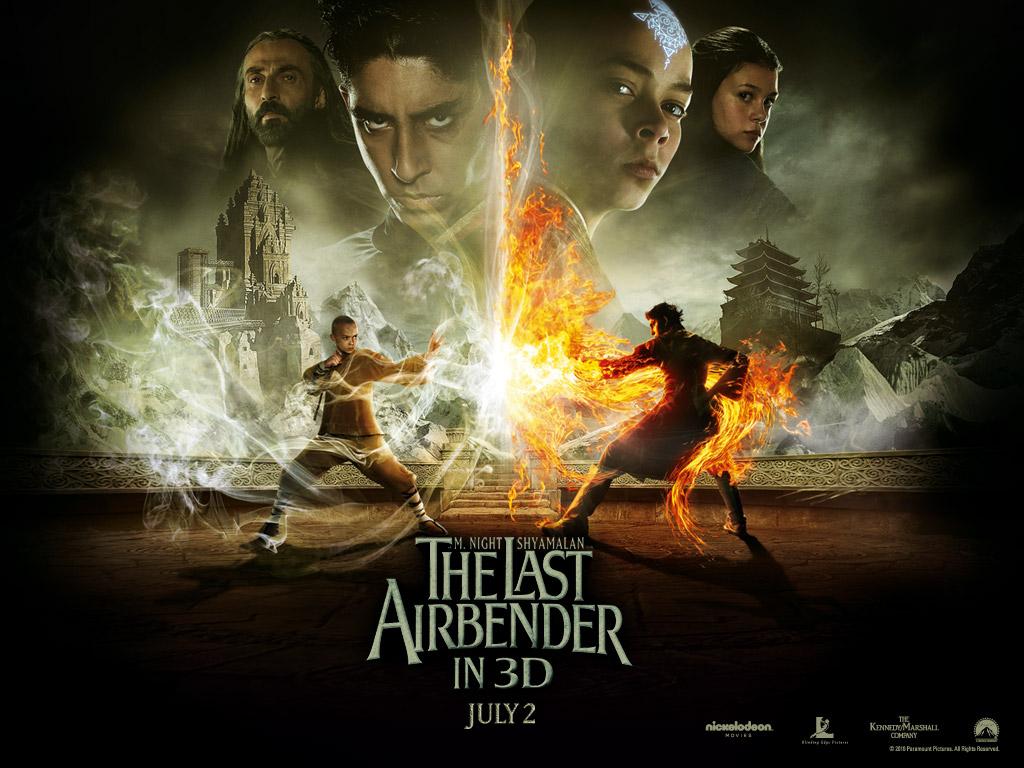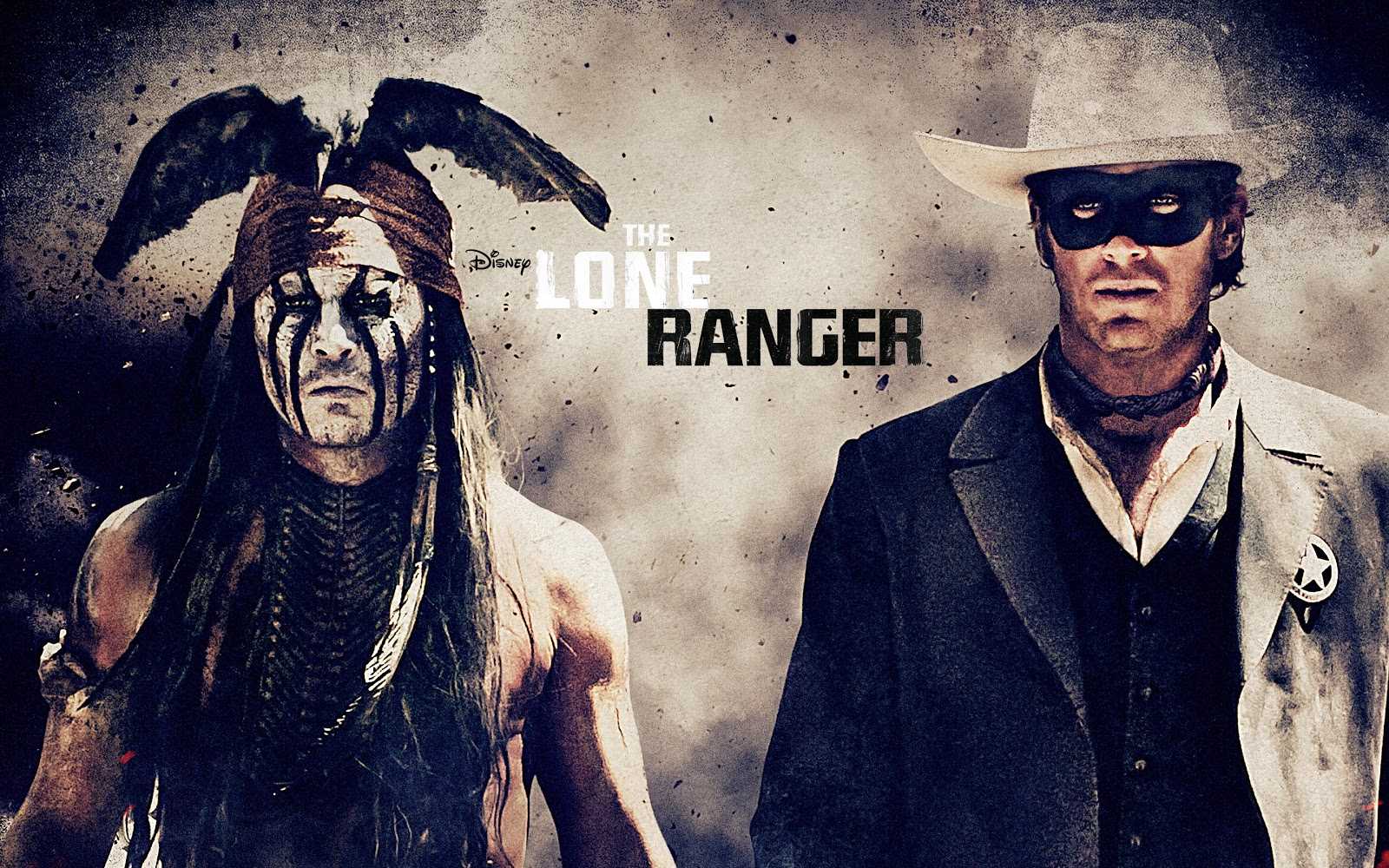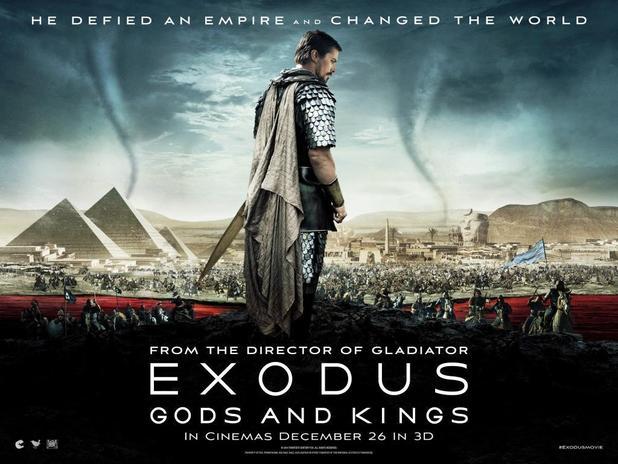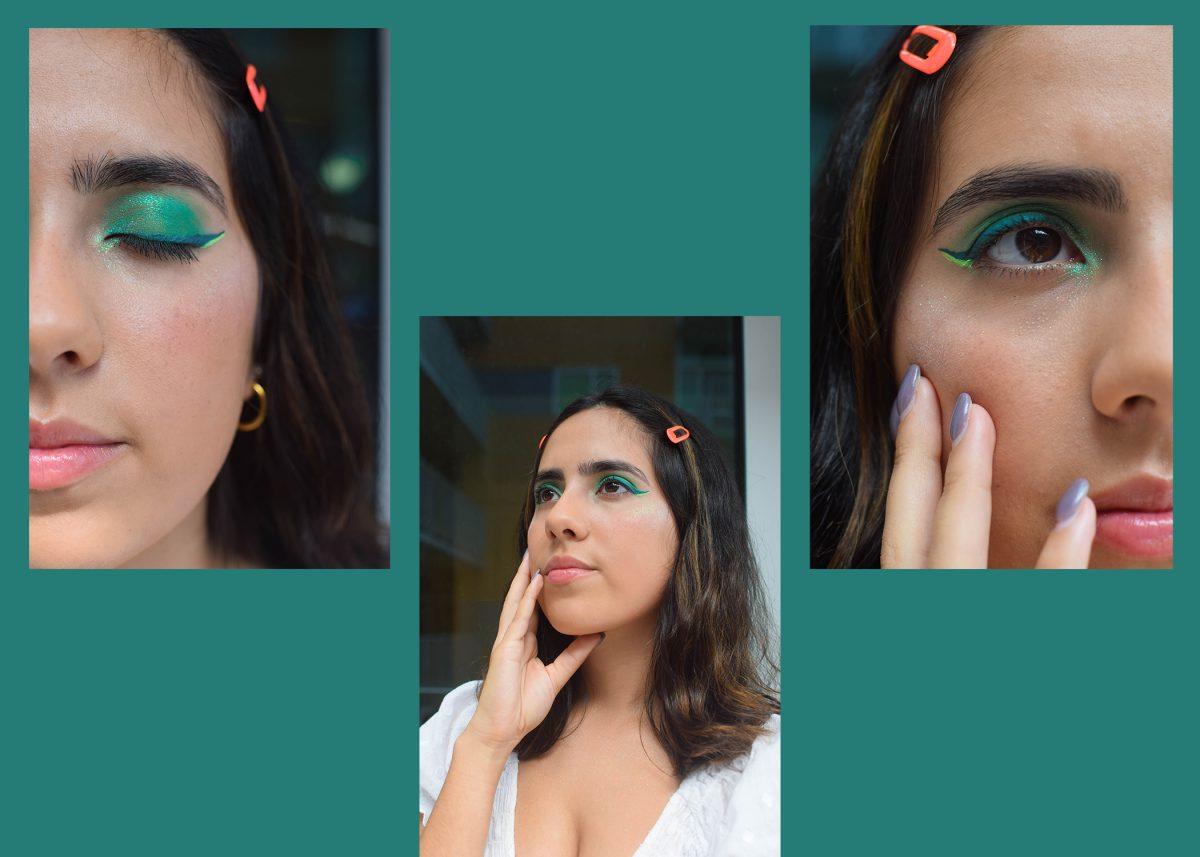Hollywood consistently over-employs a specific demographic of actors and actresses. Practices of whitewashing are not new to the big screen and have been around for just about as long as the movies themselves.
Story by Sayuri Kolombege
The marginalization of entire races outside the caucasian population has received significant amounts of backlash, yet whitewashing continues to be a practice that seems to take the lead roles away from an accurately-casted production.
These whitewashed movies tank at the box office and in many, if not most, scenarios, the whitewashed movies cause more controversy than profit. So ORANGE is forced to ask why whitewashing still occurs. Here’s a look at whitewashing in movies from the past few years.
The Prince of Persia: The Sands of Time, 2010
The movie, starring Jake Gyllenhaal, not only blatantly erased and replaced the lead role with an American-born and Swedish-lineaged actor, but it also managed to be offensive in its portrayal of the Middle East and its people. The Persians were depicted stereotypically as violent and cunning, and had an overarching theme of being vilified. The movie raved terrible reviews and has encompassed all that is wrong with whitewashing.
Photo courtesy of IMDb
Avatar: The Last Airbender, 2010
The movie is inspired by a Nickelodeon series that was indisputably based off Asian and Inuit culture. However, the four leading roles of the were given to white actors. There was no way around the interpretation of who should have been casted. The blatant disregard of appropriately casting within the movie earned it a box office flop and a devastatingly low review on almost every movie rating website.
Photo courtesy of Dan-Dare.org
The Lone Ranger, 2013
Johnny Depp was given the role of a Native American man, formerly played by the beloved Jay Silverheels. Although Depp and the studio tried to justify his casting in the movie by claiming that he has ties with the Cherokee and is honorarily adopted by the Comanche tribe, these excuses fell short and produced a movie surrounded by controversy.
Photo courtesy of The Movie Blog
Exodus Gods and Kings, 2014
The film earned the criticism of many as it unjustly portrayed the characters of the Bible in an extremely whitewashed manner. The director, Ridley Scott, faced backlash for claiming that there was no way he could finance his movie if it starred “Mohammad so-and-so from such-and-such,” and stated that once put into those terms “the question [of casting fairly] doesn’t even come up.” The leads were instead given to the Hollywood big names, Christian Bale and Joel Edgerton.
Photo courtesy of Geek Tyrant
Ghost in the Shell, 2017
The live action remake of one of the most successful Japanese anime movies ever casted Scarlett Johansson as the lead. Johansson, who clearly didn’t fit the bill to be playing the role said that she would “certainly never presume to play another race of a person,” but is doing just that in her most recent film. Furthermore, producer Steven Paul defended his casting by claiming that he doesn’t “think it was a Japanese story.”
Photo courtesy of IMDb
Hollywood influences our society and how we perceive other societies—from how historical events unfolded to how specific traditions are carried out to how cultures are celebrated and honored. Hollywood is not doing these cultures justice when white actors and actresses take roles away from people who are ideally supposed to play those characters.
Societies need accurate representation so that people can further understand and properly get a fair and just portrayal of different lifestyles. The only reason correctly-casted movies are considered unmarketable or financially risky is because Hollywood has already created an “ideal” society in which whitewashing roles and storylines is the norm. Refusing to stand up against whitewashing only ends up perpetuating the spread of false information and unfair casting.
































